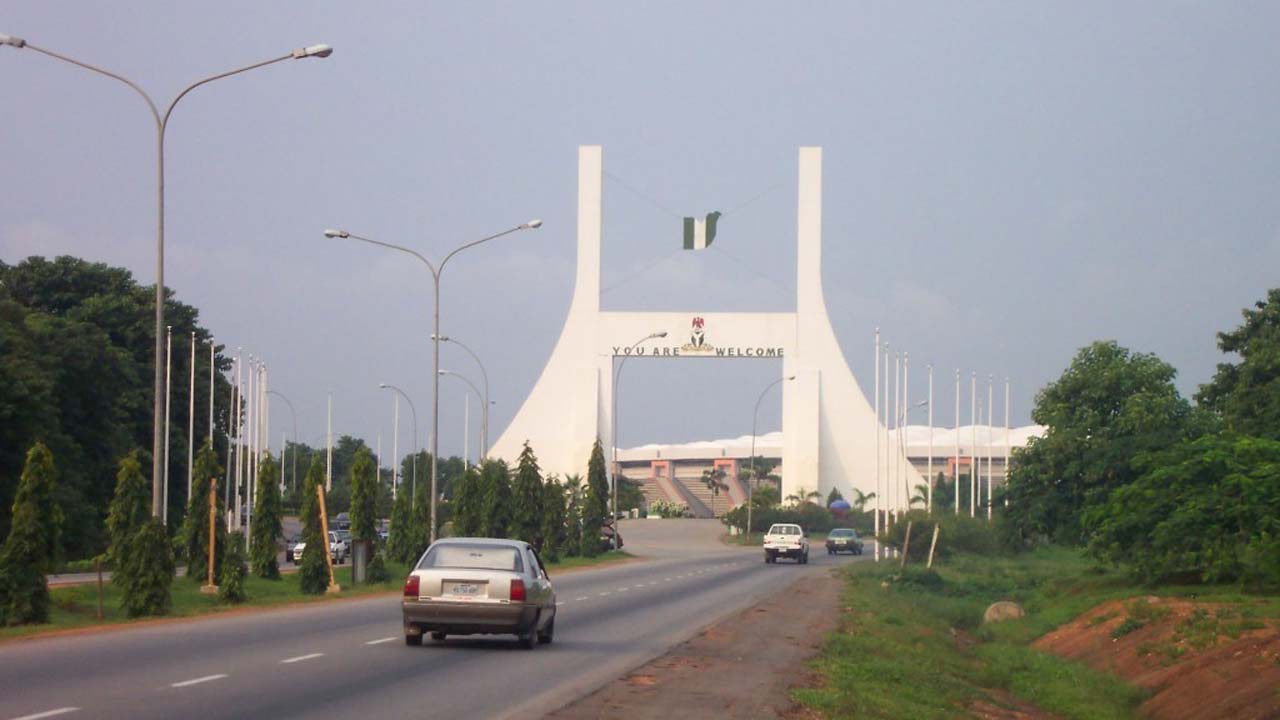Nigeria is contending with security threats that have waxed stronger as the days go by. This reality is coming in the face of the declaration by erstwhile President Buhari and many of his service chiefs, that: the snake’s head has been decapitated’. This was in reaction to the dwindling activities of the Boko Haram (BH) elements and the splinter group of Ansaru in the North East. Contextualised further, this statement could be true as far as the activities of terrorist groups operating in the North East were concerned.
To begin with, the BH elements have been dislodged from Maiduguri and nearly too, from Sambisa forest, which later assumed the epicenter of their operational base. Added to this, with Shekau gone, many of the die-hard operational commanders of the groups have either been taken out by the military or killed as a result of the war of attrition waged between itself and the new splinter group, the Ansaru.
There is, in addition, the argument that unlike in the past when the terror groups had their flags hoisted and were in effective control of many local government areas in Borno State, the security agents have been able to flush them out. But even more true is that the capacity of the two groups to launch deadly attacks, as they used to, has been degraded. On the insinuations by President Buhari and his minders, that the BH and other elements within Ansaru have been flushed out and thus, the return of relative peace to the capital city, Maiduguri, and most parts of the North East. There is, however, the allegation that most of these terrorist elements have surreptitiously moved their base to the forest in the North Central such as in Niger, Nasarawa, and Kogi states; while many, allegedly, have relocated to some parts of the North West, precisely, the Birnin Gwari forest and its adjoining areas in Kaduna State.
These areas, already afflicted by the farmer-herder conflict, have now grown into full-blown cases of kidnapping and other acts of criminality that have become a recurring decimal in states like Zamfara (probably, the worst hit), Katsina, and Sokoto. This is in addition to other areas of Plateau, Kogi, and Benue states. Succinctly put, the infiltration of the terrorist elements in the adjoining areas of the NW and the NC was a prelude to two interrelated developments.
Injustice, greed breed insecurity, anarchy — Retired Appeal Court judge
Pensioners protest exclusion in minimum wage committee
It has, firstly, seen the Federal Capital Territory (FCT) and its adjoining areas sandwiched and being easily infiltrated by bandits and terrorist elements. Secondly, a troika of an unholy alliance of bandits and the two terrorist groups thus emerged which effectively aggravated the state of insecurity and kidnapping that have over the years enveloped Zamfara, Katsina, Sokoto, and Kaduna. This is in addition to extending to other areas such as Kogi, Niger, and the federal capital, Abuja.
Reports have alluded that between 2020 and 2021, there were not less than 400 documented cases of kidnapping involving over 5,200 victims. This grim reality is seemingly in tandem with a report prepared by the International Organisation for Migration (IOM) in collaboration with the Centre for Democracy and Development (CDD) that, as of ‘2022, not less than 566,459 persons were displaced’ by acts related to banditry and kidnapping from parts of the North-West alone, with ransom running into millions of naira paid, and many lives lost.
Seemingly, as the peripheries (those conversant with the analyses the of centre-periphery relationship will understand better) are being held hostage by these miscreants, both print and electronic media have also reported a surge in their activities at the centre, such as in the area councils such as Bwari, Kuje, and even in the city centre. These reports have either rightly or wrongly elicited public comments, akin to the saying; ‘it is a case of chicken coming back home to roost’.
The comments might, of course, not be unconnected with the past administration’s attitude to matters of banditry and kidnapping as gleaned from, amongst others, the politicization that has crept into the fight, and the prosecution of those arrested committing the crimes; the absence of adequate funding that would have ensured not only the deployment of enough boots on the ground, but the deployment of appropriate technology that would help in ridding the bad elements.
Furthermore, there is the complicit participation of communities and some elements within the security agents charged with the fight against these criminals; and the constitutional impediments that continue to trail and restrain states from properly taking charge of security within their domain and thus, allowing these miscreants to thrive.
Now that there is a new administration with a new sheriff in town. The success or otherwise of the administration’s mantra of: ‘Renewed Hope’ which revolves around matters of food security; poverty eradication; economic growth; job creation; access to capital; creating a sense of national inclusion; respect for the rule of law; and fighting corruption is hinged on the guarantee of peace and security for the citizens. The latter is, after all, the raison d’être of state, in the first place.
Addressing these problems, therefore, requires new efforts and strategies in fighting banditry, kidnapping, and every other threat to the security of lives and properties of Nigerians wherever.
Flowing from this therefore, the need to, among others, form the baseline of the new approach putting in place robust education and human development programmes; the creation of job opportunities for people; revamping the country’s national infrastructure; deliberate efforts at trust building among the people and communities; strengthening law enforcement and incorporation of modern technology in policing.
Additional measures need to also include increasing boots on the ground and revamping intelligence gathering and sharing among the security outfits; involvement of communities in a manner that allows their enlightenment and engagement, thereby creating confidence in the renewed hope agenda and by implication, the country in general.
Ahmed, Ph.D can be reached via [email protected]

 Join Daily Trust WhatsApp Community For Quick Access To News and Happenings Around You.
Join Daily Trust WhatsApp Community For Quick Access To News and Happenings Around You.

